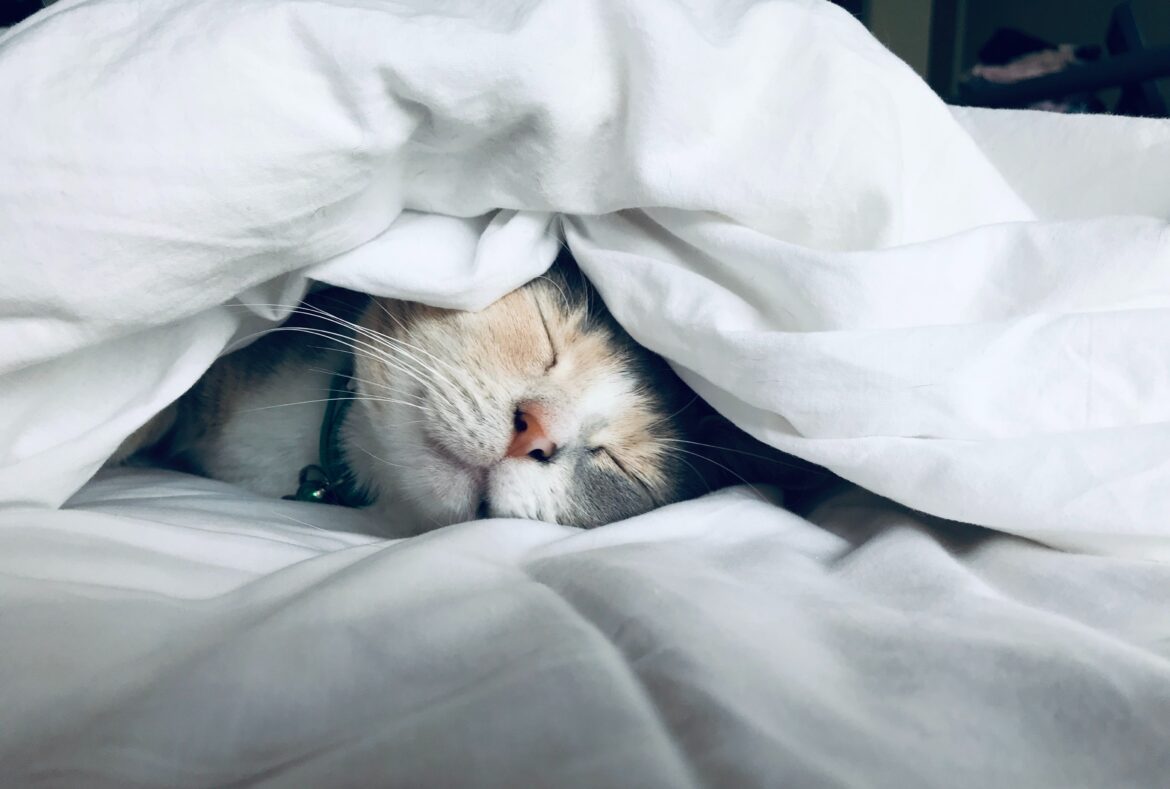Sleep is one of the vital elements to keep our body functioning right. Getting a good night’s slumber every single night is like a dream come true in today’s world as the workload, study stress, and certain other activities have taken a great toll on our sleep quality and mental health.
Inside our skull, there’s a complex and powerful organ in charge of everything in our body. That powerful organ is our brain. Our brain is so fascinating and mysterious that we don’t know a lot about it. This organ operates and monitors just about everything we do, including while we’re asleep. But what if we decided not to sleep for 24 hours? Is it possible to skip the process of sleeping? Would it affect our brains? What would happen if we do?
How Lack Of Sleep Effects The Brain?
During our sleep, little janitors in our brains would wake up and do their job. Our consciousness will open up the passageways across the skull, allowing it to wash off our sewage system, known as the lymphatic system. But what if we don’t let our brain and body rest? Our lack of sleep would prevent us from forming new memories.
In the meantime, increasing the evolution of a toxic protein known as the beta-amyloid which is associated with Alzheimer’s disease since our little janitors can’t do their job.
After 24 hours, you’ll find things funny in some strange jokes, however dumb, will be able to crack you up for a long long time. The lack of sleep will be damaging the reproductive system. Losing sleep or shuteye will cause us hormonal imbalance, illness inflammation, hallucinations, high blood pressure, diabetes, obesity, and even worst death. As lesser the sleep, the more beta-amyloid cells accumulate, and the higher the risk of getting dementia. This would also decrease our ability to learn, and memorize, decrease reaction time, and being moody.
The Impact On Cardiovascular System
While having a deep sleep at night, you’ll receive the most wonderful blood pressure medication. Our heart rate drops and blood pressure goes down, leaving the cardiovascular system in a stress-free reboot condition. Sadly, an insufficient amount of sleep is equivalent to no reboot of the cardiovascular system. This could create a rise in blood pressure. Therefore, having less than 6 hours of sleep per day would likely increase the risk of receiving a stroke by 4.5 times, which leaves our immune system in a dangerous situation.
Destruction Of The Immune System
Our Immune System will slowly be frail. Not sleeping or sleeplessness will reduce anticancer-fighting immune cells to 70%. Hence, our body will be easier to be infected as natural-killing cells have weakened. Sleep deprivation also increases the risk of numerous forms of cancer, including bowel cancer, prostate cancer, breast cancer, and the risk of fatal heart disease by 200%. At the same time, it could increase the risk of cognitive impairment and slowing our metabolism and increases appetite.
The Importance Of Sleep
For adults, we need at least 8 hours of sleep and for adolescents, it requires at least 10 hours. Therefore, 16 hours of wakefulness would give us mental deterioration and physiological deterioration in our bodies. During the daytime hours, our cells utilize our daily energy resources to break down into different bi-products, including adenosine. Adenosine builds up and raises the sleep disturbance known as sleep pressure.
An increase in sleep-inducing chemicals like adenosine and melatonin will give out a gentle doze that develops stronger while slowing down our heart rate and breathing. At the same time, it relaxes our muscles. In fact, we get sleepy because of the impulses in our body which inform our brain that we’re tired. Signals often emerge with the atmosphere, reminding us it’s bedtime when the world is dark outside.
Emotional Memories
Getting a goodnight’s sleep allows us to obtain fresh information and form memories while we’re asleep. During our sleep, our brain would sort our memories by containing important memories while removing unimportant memories. Let’s take emotional memories as an example if you’re skating in the park and out of a sudden you tripped and fell on the ground.
During the recovering period, your brain would remember what you shouldn’t do to avoid tripping next time. Instead of remembering how’s the weather and who is standing right next to you, you could only remember the important part of an event. It clears up the unimportant details and leaving useful memories in storage.
The Increase in Decision Making
Essentially, sleeping helps us make better decisions. It allows us to process information well while giving us time to understand our perception and motor task. Let’s say you’re learning a certain sport, basketball. The brain will essentially practice that and form those images and memories in your brain while you’re asleep. So once you wake up, a better image and answer would appear to your decision. This is how “aha” moments appear in our life.
Aha Moments!
Ironically, the brain starts developing such interesting connections at night. Our brain would take up these thoughts from various components and consolidate them. Putting ideas together that we would never have thought of. In the end, creating an invention out of it after waking up in the morning. This is how musicians, writers, and scientists are created and how “aha” moments appear as what others called the Eureka effect.
It is defined as the human experience of unexpectedly understanding an earlier unintelligible problem and perhaps a concept which makes creative people creative.
BOTTOM LINE
Being healthy and creative or being weak and sick is all in our hands. The decision that we make will determine the outcome and the final product. Always keep this in mind and never take health for granted.


